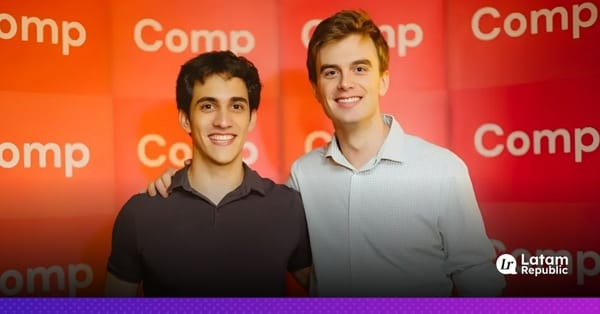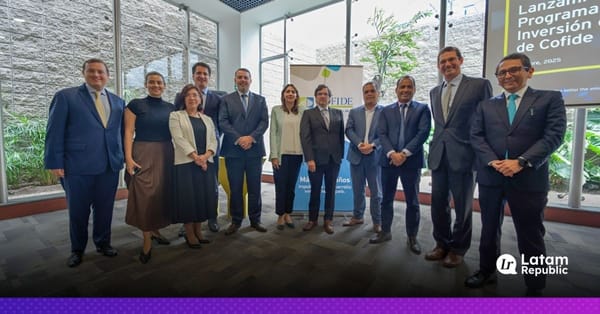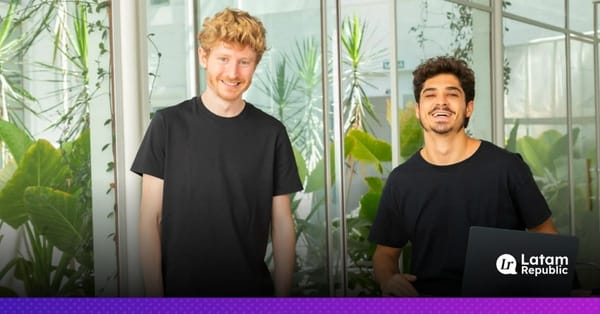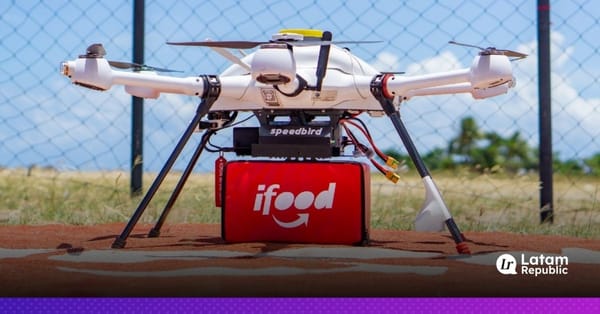AI Meets Sustainability: AInwater Drives Water Efficiency in Latam
AInwater is redefining how Latin America manages its most critical resource, water. ith its proprietary platform Poseidón, already deployed across Chile, Mexico, Brazil, and Spain.
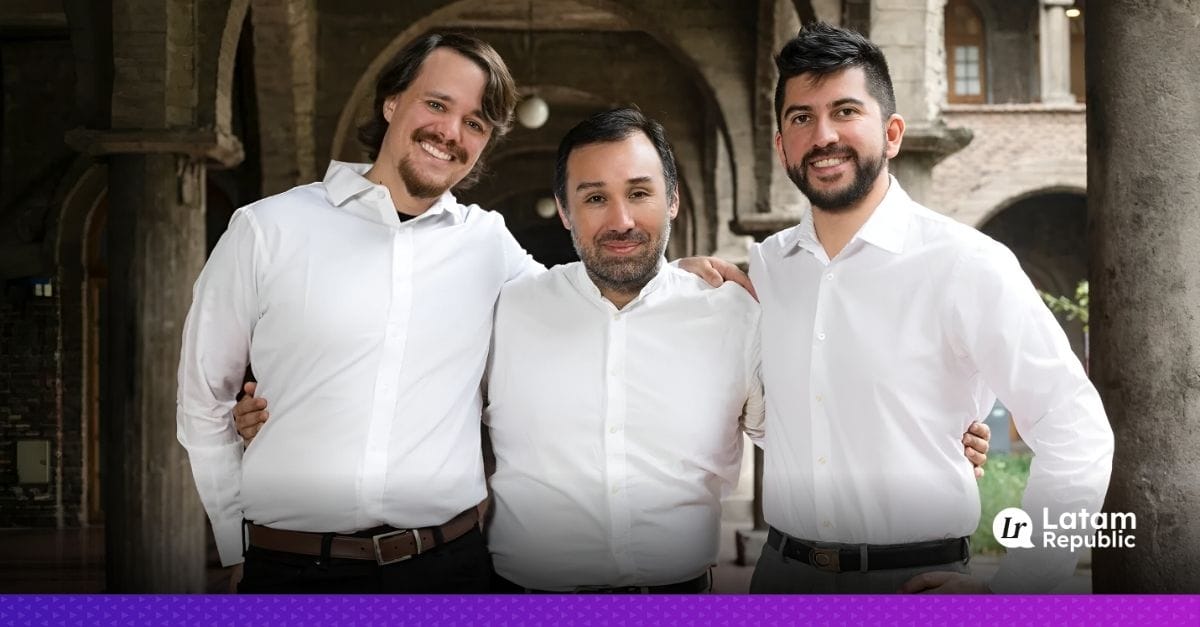
AInwater is redefining how Latin America manages its most critical resource, water. The Chilean startup applies artificial intelligence to optimize treatment plants, reduce operational costs, and minimize water footprints. With its proprietary platform Poseidón, already deployed across Chile, Mexico, Brazil, and Spain, AInwater is proving that technology can drive both environmental and economic sustainability.
From a Childhood Drought to a Visionary Startup
The story of AInwater begins not in a lab, but in the drought-stricken fields of southern Chile. Founder Camilo Huneeus was just a child when he witnessed livestock dying and crops disappearing during a severe drought in the 1990s.
What stayed with him, however, was his mother’s remark:“This could have been predicted, both technologically and politically.”
Decades later, that realization became the foundation for AInwater, a company born from the conviction that the water crisis is not inevitable, but a matter of using the right tools.
A Platform Designed for Predictive Water Management
At the heart of AInwater’s technology is Poseidón, an AI-driven platform currently used in more than 100 treatment plants, serving clients such as Nestlé, Sigma, and Colgate. Poseidón provides predictive management, remote control, and real-time reporting — enabling up to 30 % cost reductions through smarter energy use, chemical optimization, and automated decision-making.
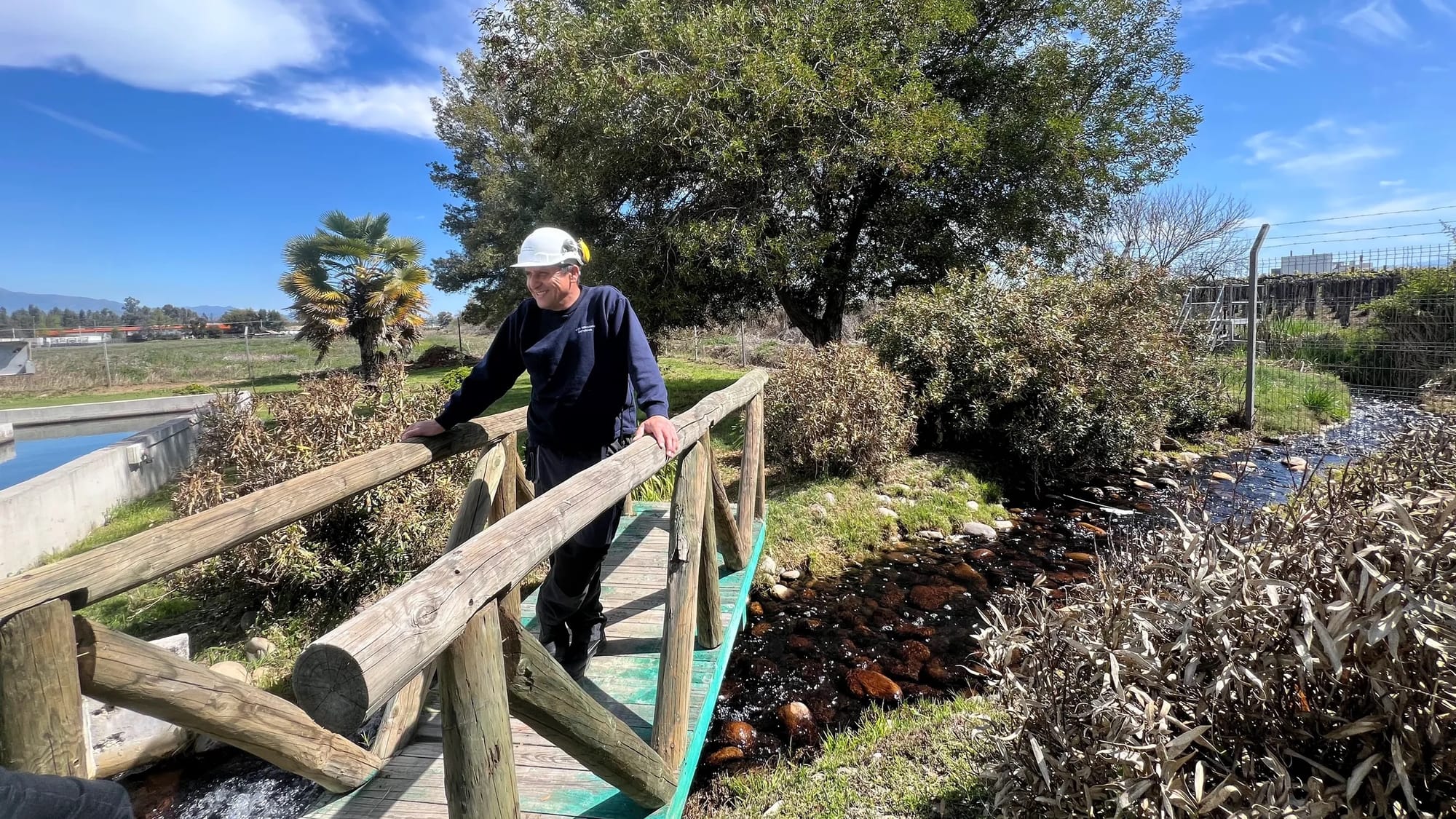
Unlike traditional monitoring systems, Poseidón goes a step further. It uses machine learning to anticipate process changes, for example, alerting operators when flow rates or oxygen levels are about to shift, and recommends precise adjustments to prevent waste and save energy.
Integrating Human Intelligence and Artificial Intelligence
AInwater was co-founded by Camilo Huneeus, Martín Concha, and Dr. Marcos Pérez, bringing together expertise in chemical engineering, biotechnology, and theoretical physics.
“We realized the water sector was full of untapped data that could reduce costs and improve quality, but no one was using it,” says Huneeus.
Their 25-person team operates across three countries, bridging data science, engineering, and environmental science. This multidisciplinary approach ensures that Poseidón speaks the same “language” as plant operators, focusing not on algorithms, but on flow, pressure, and temperature.
Using AI and LLMs to Bridge Communication Gaps
Poseidón also integrates large language models (LLMs) for two key functions. First, it automates operational logs, centralizing information that would otherwise be lost in WhatsApp messages, a common issue in Latin American plants. Second, its built-in AI assistant allows operators to ask natural-language questions like “How is my oxygen level?” or “What can I do if it’s too high?”, receiving actionable answers instantly.
Importantly, Poseidón can even function with manually collected data, making it accessible to facilities that lack advanced sensors.
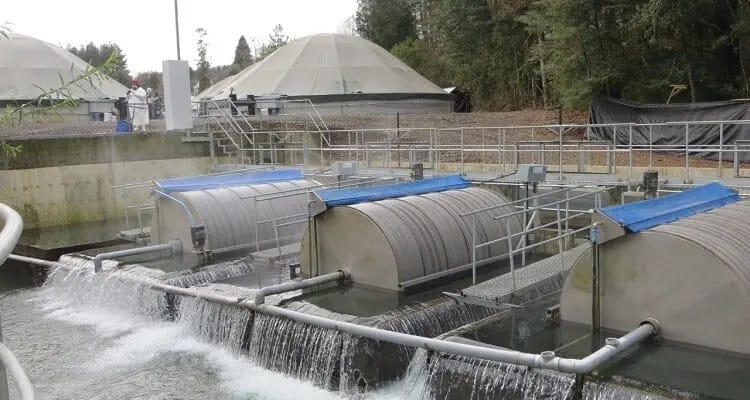
The urgency of AInwater’s mission is underscored by a global crisis. According to the World Resources Institute, 70 countries face moderate to high water stress, threatening US$450 billion in assets. Mexico and Chile are among them.
By 2030, the United Nations projects that 40 % of the world’s population will face water shortages, while up to 50 % of treated water is lost in distribution systems.
As Huneeus summarizes: “If we’re going to have less water, and still lose half of it, that’s a huge problem.”
From Chile to Mexico and Beyond
After closing its first investment round in 2024 for over US$530,000, AInwater is now preparing a new round to accelerate expansion in Mexico and Brazil and to enhance its AI agents for greater automation.
Huneeus sees Mexico as a key market:
“Chile exports natural resources. Mexico builds cars, computers, and airplanes, it’s a complex industrial economy, with the technical capabilities to adopt our technology.”
Cultural nuances also play a role. While Chilean clients are comfortable with remote interactions, Mexican companies often expect an in-person presence, a challenge that AInwater embraces as part of building long-term relationships.
Five Versions, One Core Technology
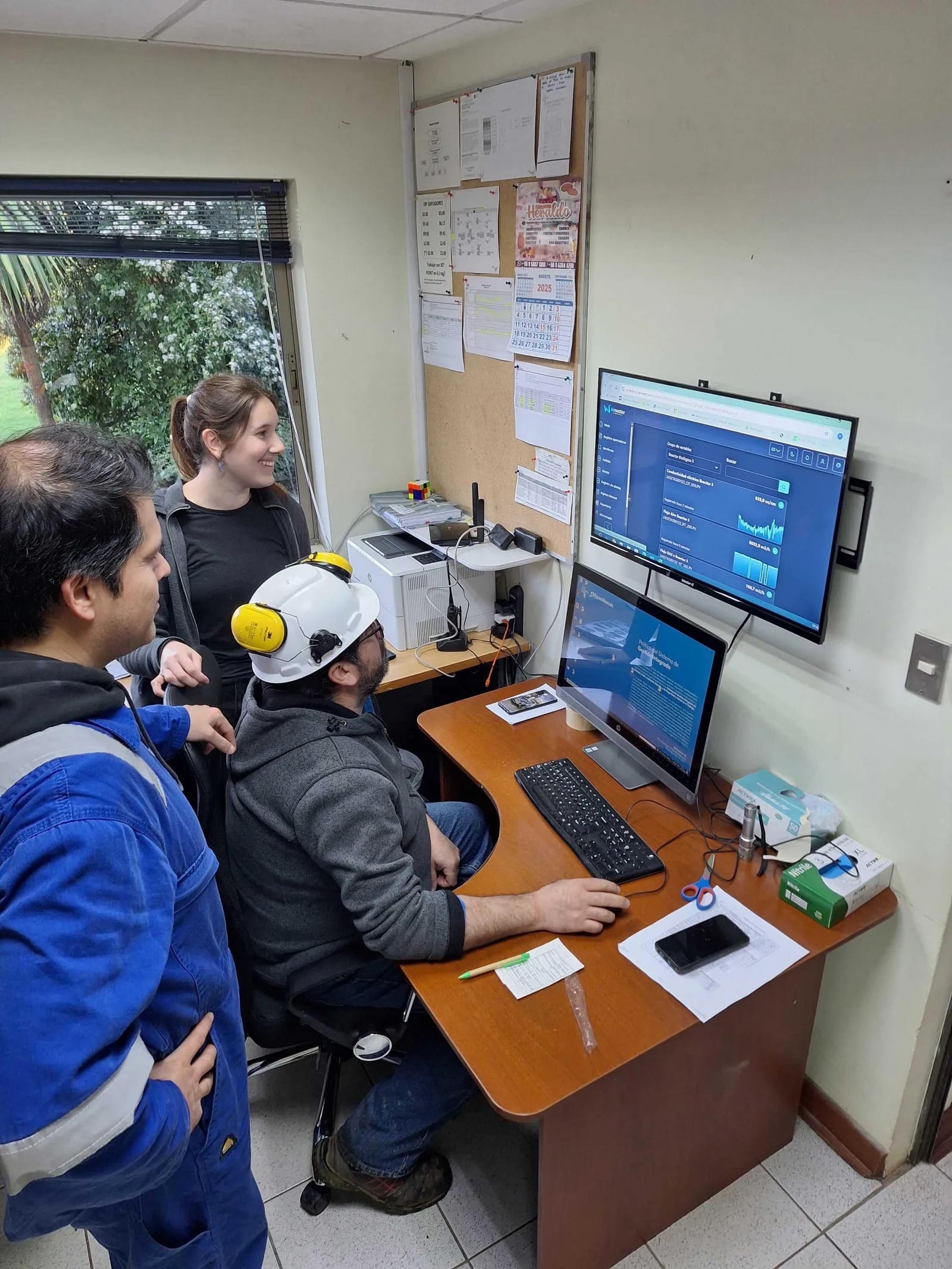
Poseidón exists in five specialized versions: for drinking water, wastewater, desalination, manufacturing, and rural communities. All share the same AI backbone but are adapted to the context and language of each user.
“It’s very different to talk with a rural community than with a process engineer from a multinational,” Huneeus notes. “We built a team that understands both worlds.”
This local-first design gives AInwater a competitive edge over U.S. and European players who have struggled to operate with incomplete data in the Latin American market.
Measuring What Truly Matters
While cost reduction remains a strong selling point, AInwater’s technology also brings measurable environmental benefits. In one brewery, Poseidón helped cut the water footprint by 25 %, equivalent to the monthly consumption of 16,000 people.
However, as Huneeus acknowledges,
“If the impact doesn’t show up on the balance sheet, it often doesn’t count. That’s why our goal is to prove that sustainability and profitability can go hand in hand.”
Looking Ahead: The Future of Water
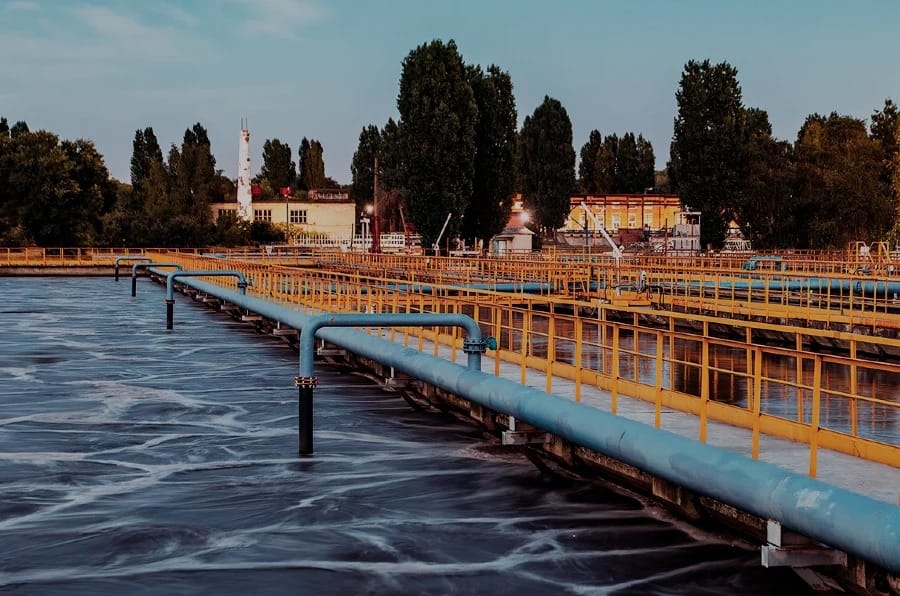
By 2035, AInwater envisions fully AI-operated treatment plants, systems capable of anticipating rainfall, adjusting operations, and even ordering supplies automatically. The company also explores the idea of water credits, akin to carbon markets, to reward efficient resource use.
Ultimately, Huneeus wants Poseidón to become the industry standard.
“In a few years, when you ask what the benchmark for plant control is, they’ll describe Poseidón, even if they call it by another name.”
Technology Rooted in Nature
For Huneeus, the project remains deeply personal. Raised on an organic farm, he developed a lifelong bond with nature and a belief that technology should serve it. His career, from engineering to environmental management at Yale, shaped the holistic view that defines AInwater today.
“Water is not just a technical problem,” he says. “It’s political, because it connects us all. Everyone depends on the same watershed.” He stated.
And as Latin America faces one of the greatest water challenges of the century, AInwater stands as proof that predicting the future of water, and acting on it, is finally possible.

